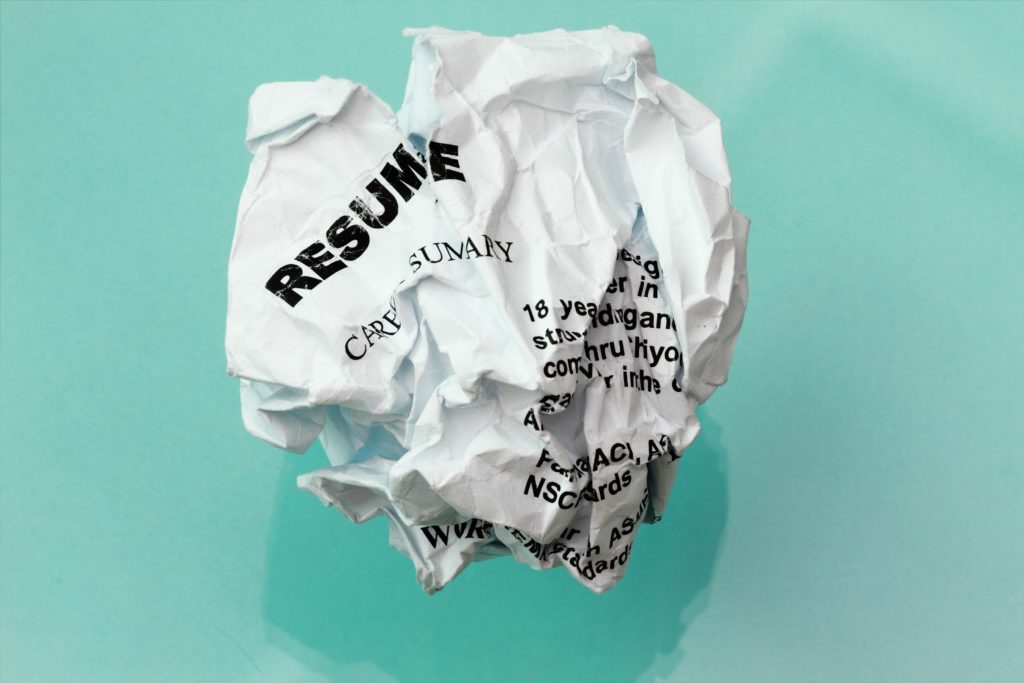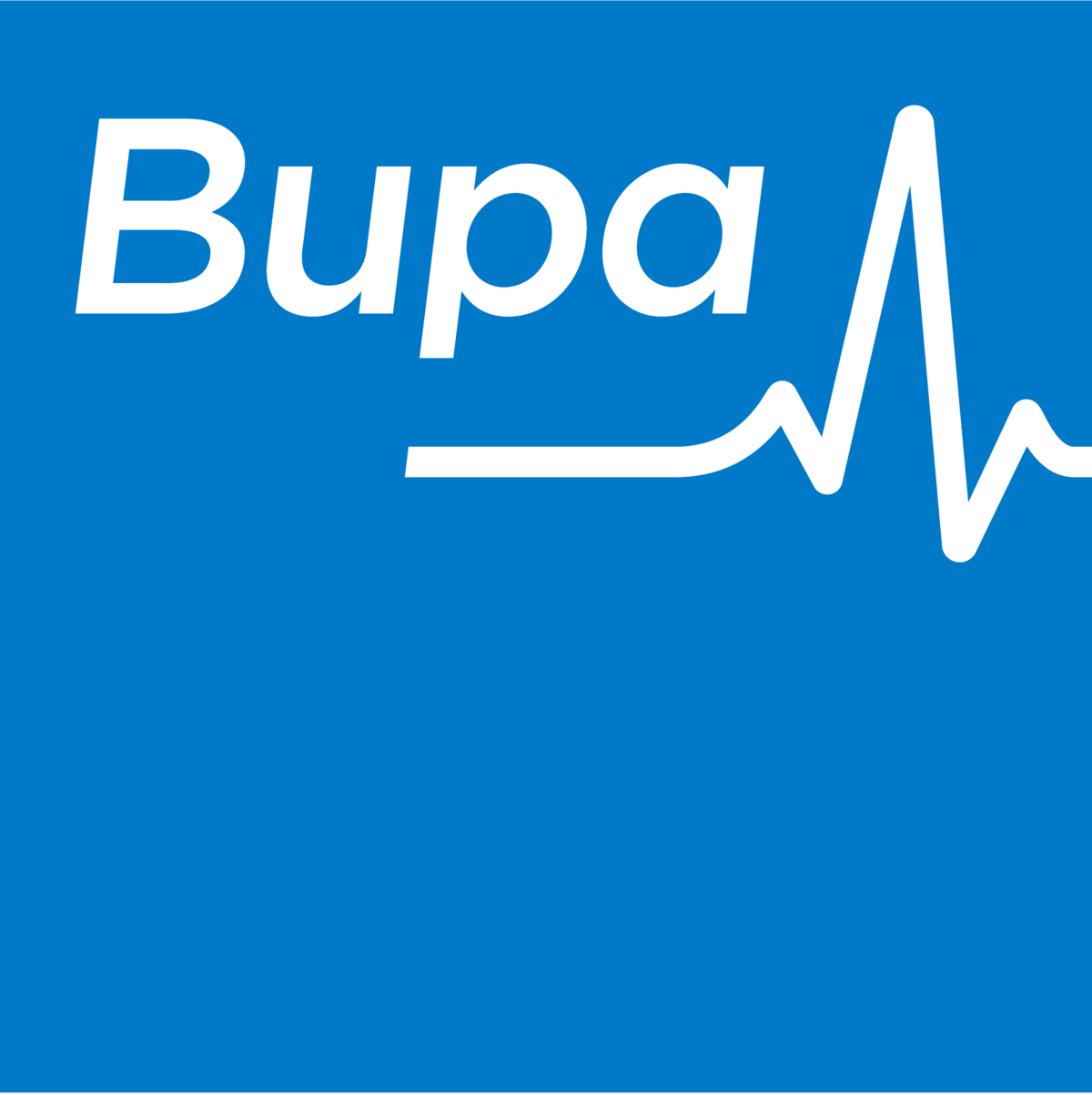An excellent resume has the power to open doors for you and your career.
If you’ve finished your studies and are searching for work, you’re most likely curating your resume, which is an essential document for grabbing an employer’s attention.
It might seem like a very straightforward document, but it’s crucial your resume is well written and designed so you can land your dream job.
To help you do just that, we’ve put together a list of six common mistakes to avoid when putting together your resume as a graduate.
Listing things that aren’t relevant
Recruiters are often faced with reviewing hundreds of resumes. You want to make the process of screening resumes as easy as possible for them, which means ensuring your resume is clear and concise.
The goal of your resume is to provide relevant information in a quick and easy-to-read format. Avoid listing too many things, and only include what’s applicable to the job.
For instance, when you’ve just graduated from tertiary education, your high school isn’t relevant to the job hunt anymore. Only talk about your recent achievements and remember that if a recruiter wants more information about something, they’ll ask for it.
A good rule of thumb is to make sure your resume is not more than one or two pages long.
Not modifying your resume to suit the job description
Avoid applying for jobs with a generic resume. You want to make your resume highly relevant to the role you’re going for.
Companies want to see your past experiences that match their needs. So don’t apply for different jobs with the same resume, as that will not highlight the skill sets recruiters are looking for. Remember to read the job description and tailor your resume accordingly to appeal to each employer.
Wondering where to find the job description? Roles are often advertised on various job search platforms such as SEEK, Jora, Indeed, GradConnection and LinkedIn. You can also find opportunities on individual company websites – this might just require a bit of research! For example, Bupa has a dedicated student jobs page, listing entry-level roles and internships.
Not including keywords
When applying for a job, you need to catch the attention of the recruiter with relevant keywords.
Recruiters may only spend a couple of minutes scanning your resume, so you need to make it easy for them to identify you as a suitable candidate by including keywords that are targeted to the job you’re applying for. This will also work to your advantage when resumes are automatically scanned for keywords.
These keywords are usually included in the job description.
Not demonstrating results and outcomes
While it’s important to show what your skills are and where your expertise lies, it is equally essential to show how they have translated to measurable outcomes.
Ensure you strike a good balance between showing what you can do and what you have achieved. Don’t shy away from showing what goals you were able to meet. For example, you could share your portfolio or any key financial figures.
Not getting it proofread
Have you proofread your resume to check spelling and grammar? Have you had someone else proofread it?
Most education providers in Australia have a careers service that provides resume advice and consultations to help improve students’ and graduates’ resumes. Use this service as an opportunity to have someone proofread your resume to identify any typos, misspellings and grammatical errors that can frustrate hiring managers or recruiters.
Also check that the formatting is consistent, and the design is simple yet savvy. For instance, don’t mix upper and lower case, and avoid using too many different fonts or colours.
Not continuing to grow your resume
One of the ‘mistakes’ graduates make is they stop growing their resume once they finish studying. In fact, the job hunt is an excellent opportunity to seek an internship or volunteer position to continue upskilling.
It might be a while until you find a suitable job or get offered one. While this timeline can be unpredictable, it’s important you don’t have gaps in your employment history – so demonstrate what you’re up to during the job search. Remember that graduating doesn’t mean you stop learning, improving your skills and gaining experience.
Looking for health cover to meet your visa requirements for Australia? Get a quote from Bupa!
Cover with Bupa includes:
- Less out-of-pocket expenses with cover up to 100% of Medicare Benefit Schedule fees
- Bupa’s exclusive 24/7 Overseas Health Advice Line wherever you are in the world including assistance reviewing medical bills with translation services
- Unlimited emergency ambulance cover
- Use of the myBupa app, allowing you to easily access your health cover information online
Whether you require OSHC, OVHC, or are looking to transition from another provider, Bupa has the perfect cover for you – that’s why more international visitors choose Bupa*.
*Based on APRA market share data, 2017-2020






